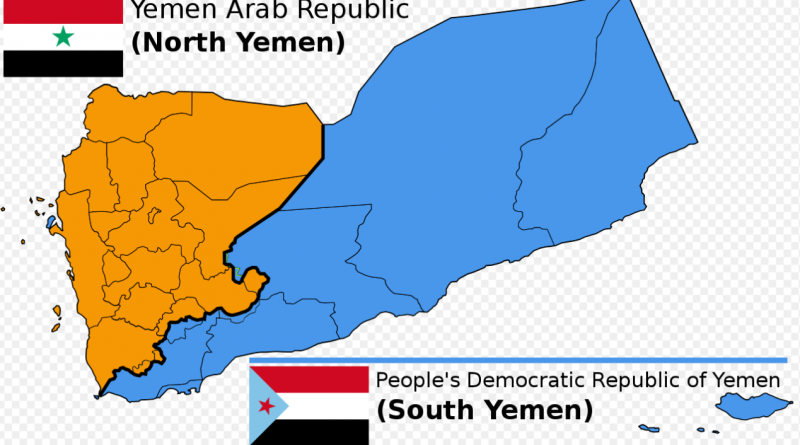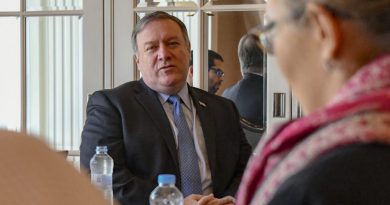Yemen and Houthi Talks Showcase First Step Towards Peace
Christiana Mones
Staff Writer
After 10 days of intense negotiation, the Yemeni government coalition and Houthi rebels have agreed to release over 1,000 prisoners. The war between the two parties began in 2014, when a Houthi-led rebel group, backed by Iran, took control of the northern and western regions of Yemen, including the capital of Sanaa. In March 2015, a Saudi-led coalition intervened, displaying support for the internationally recognized Yemeni government headed by President Hadi. In recent months, the rebels have also intensified drone-strikes and missile attacks on Saudi Arabia.
Since Saudi Arabia pledged its support to Hadi’s government, the fighting has affected millions of citizens. VOA reports that 10,000 citizens have been killed or wounded in airstrikes, and over 85,000 have lost their lives from starvation and disease. It is estimated that 3.6 million Yemeni citizens have been displaced by the war, and 24 million need international aid. The UN considers the situation in Yemen the world’s worst humanitarian crisis.
Despite the state of the crisis, the UN-mediated peace talks in Glion, Switzerland have sparked hope. The conference was co-chaired by the International Committee of the Red Cross (ICRC). The UN Special Envoy for Yemen, Martin Griffiths, revealed to the Associated Press that 1,081 individuals will be exchanged in the swap, making this negotiation “the largest release operation during the history of the conflict in Yemen.” Al Jazeera reports that the rebels will release 400 prisoners, while the government coalition is set to release 681 Houthi fighters. The ICRC will be responsible for interviewing released prisoners and providing them with medical checks before they are released to their families.
Both sides appear pleased with the negotiation. Deutsche Welle reports that Abdel-Qader al-Murtada, the head of the Houthi rebel prisoner exchange committee, stated that the agreement is “an important step to break the ice after four rounds of negotiations.” Mohamad al-Hadhrami, Yemen’s Foreign Minister, praised the deal as being a humanitarian achievement.
Although the deal has brokered dialogue and produced an agreement of unprecedented scale, some still emphasize the need for swift action. Fabrizio Carboni, the ICRC’s director for the Near and Middle East, emphasized the need for turning “signatures on paper to reality on the ground.” Griffiths maintained that both sides should practice haste and “move forward immediately with the release.” He stressed the need to continue the momentum of the amiable negotiations to release more prisoners.
Reuters states that Griffiths hopes the talks will “bring an agreement on what we call a joint declaration which is a national ceasefire to end the war in Yemen.” Other goals include the opening of roads, ports, and airports within Yemen.
Despite the success of the talks and their potential for de-escalation, tensions are still running high between the Yemeni coalition and Houthi-rebels. According to the Associated Press, Houthi-rebels have made attempts to seize the Marib province, an oil-rich region west of Sanaa currently controlled by the government, to gain a more advantageous bargaining position.


